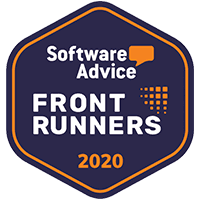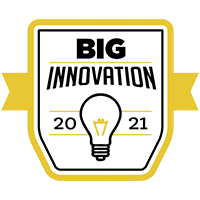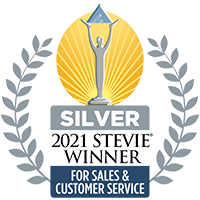Retaining and upgrading donors is hard work, so we put together some helpful tips and questions for you to use during donor discovery visits and phone calls.
Before You Go (or Call)
It’s always a good idea to know a little bit about the donor before you have a chat with them. You can find out quite a bit by searching for your donor on Google or looking up their social media accounts (LinkedIn often has quite a bit of relevant information!). Don’t worry about feeling like a stalker… you’re simply showing interest and attempting to form a connection! Just don’t be weird and talk about the gallery of 35 pictures they posted for their niece’s birthday or something.
Set some goals for your visit. Rachel Muir uses the following:
After this visit…
- The donor will feel _____.
- The donor will know _____.
- I will know _____.
Your visit should leave your donor feeling good about their decision to give to your organization, well-informed, and also leave YOU with a wealth of knowledge about your donor’s interests and motivations that you can use to grow the relationship.
When You Get There
Don’t immediately start grilling your donor about their giving habits. Start off with some friendly conversation about their day-to-day life, ask questions about their hobbies and how things are going at work, and don’t forget to smile, be positive, and set aside your materials (you don’t want to build a notebook/phone/writing utensil wall between you and your donor!). You want to make the person comfortable! Remember, just like your donor communications, this conversation shouldn’t be all about you—aim to talk for 25% of the conversation and listen for 75% of it!
What to Ask
Ready for the questions? So are we. Here are some great questions to ask your prospect (some of these can be used during the “getting to know you” phase). Try to avoid yes/no questions and instead ask those that are open-ended to get your donor talking.
- What are you passionate about?
- What do you love about what you do for a living?
- Tell me about your hobbies
- What interests you most about our organization?
- Why do you give, and what do you want to achieve by giving?
- What donation/gift has given you the greatest sense of fulfillment and/or joy?
- What work do you envision being done as a result of your donation?
- What are some of your hope for the future of our organization’s work?
- Is there a way we can get you more involved with our organization?
- What could we be doing better?
- Would you like to [go on a tour, have a meal with leadership, see a program in action, etc.]?
After the Visit
First and foremost, send your donor a hand-written thank-you note expressing your gratitude for their time and input. Then do something with all of the good stuff you learned! You should also make sure you follow up on any promises you made or invitations you extended.
The information you gathered should be stored for future use and reference. Keeping a useful record of your visit is vital for creation of future strategies with the donor.
Gonser Gerber says: “Visit reports do not need to be long or overly specific on details. A good rule of thumb in completing visit reports is to abide by the “5 year rule.” Specifically, the “5 year rule” suggests that you think about how your visit report will read in five years. In other words, ask yourself if the information being submitted on the visit report will substantially help another development professional better understand this prospect if they were to look at your visit report five years into the future. If not, then it is most likely best not to include it.”
Go forth and discover!










